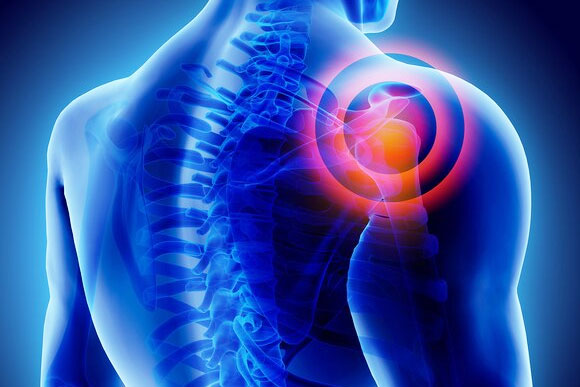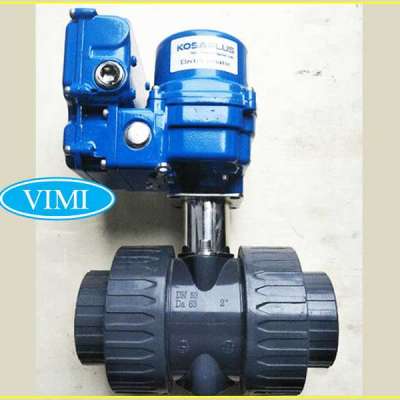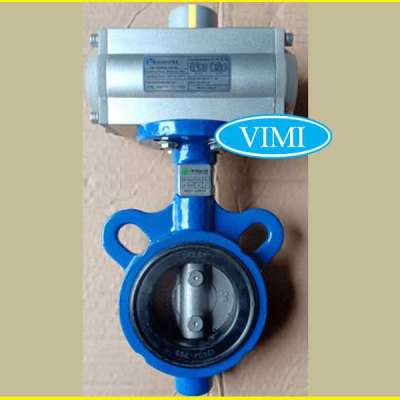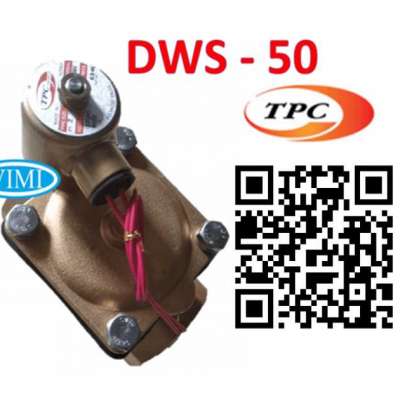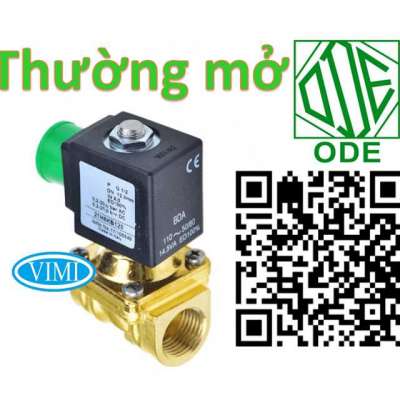What is the treatment for frozen shoulder?
The treatment for a frozen shoulder is focused on relieving pain and restoring the shoulder’s normal range of motion. Timely interventions can help control pain and restore function sooner. A pain clinic can play a significant role by prescribing medications, using timely interventions such as injections and providing supervised physiotherapy. This Multi discliplinary approach has the best chances of improving outcomes and reducing disability.
Treatment options are explained below and it is important to understand that they are to be used in tandem and not seen as alternatives to each other.
• MEDICATIONS– anti-inflammatory drugs can help reduce the pain and inflammation, although these should not be used without the advice from your doctor. Your pain specialist may consider other stronger medications depending on your pain severity and other medical comorbidities.
• INTERVENTIONS– This may include a shoulder joint steroid injection or hydrodistension of the shoulder joint. These injections can help reduce pain and improve range of movement, reducing disability.
Shoulder joint steroid injections- Steroid injections injected directly into the joint are preferred over the oral steroid as they are associated with fewer side effects. Some studies have found that oral steroids are as much as 5 times more likely to give you the typical steroid side effects when compared to the one with off joint injections. Also the lack of long-term benefits makes oral steroids a less attractive option in this condition. Some studies comparing physiotherapy with steroid injections have found no significant difference in pain relief or shoulder function whereas others have found improved shoulder function with steroid injections.
Hydrodistension of the joint involves injecting sterile water or local anaesthetic into the shoulder joint with the intention of stretching the joint capsule to improve range of motion. There is evidence supporting the use of a combination of hydrodilatation and corticosteroid injection, as it may expedite recovery of pain free range of motion compared to corticosteroid injection alone.
Both these procedures can be performed in OPD settings under ultrasound guidance. Ultrasound helps to improve accuracy, maximising the changes of getting benefit from injections.
• Physical therapy. This forms an essential component of frozen shoulder treatment and requires regular active participation of the affected individual. The aim of physical therapy is to maintain, improve range of motion and help in strengthening of the joint, Physiotherapy and corticosteroid injections combined may provide greater improvement than physiotherapy alone.
• Surgery. This is rarely necessary to treat frozen shoulder. It is considered when there is minimal improvement after 6 to 12 weeks of nonsurgical treatment. Options include manipulation under anaesthesia and arthroscopic capsule release. Shoulder manipulation involves forcefully moving the shoulder under general anesthesia to loosen up your shoulder tissue and disrupt the adhesions. This needs to be supported by physiotherapy after the procedure. Arthroscopic capsular release is considered in some cases when other treatments have failed to provide relief.
https://www.removemypain.com/b....log/frozen-shoulder-
#frozenshouldernonsurgicaltreatmentindelhi,
#frozenshouldertreatmentindelhi, #painspecialistindelhi, #healthcare #painmanagementindelhi #paintreatmentinsouthdelhi #painmanagementspecialistindelhi
お気に入り
コメント
シェア

